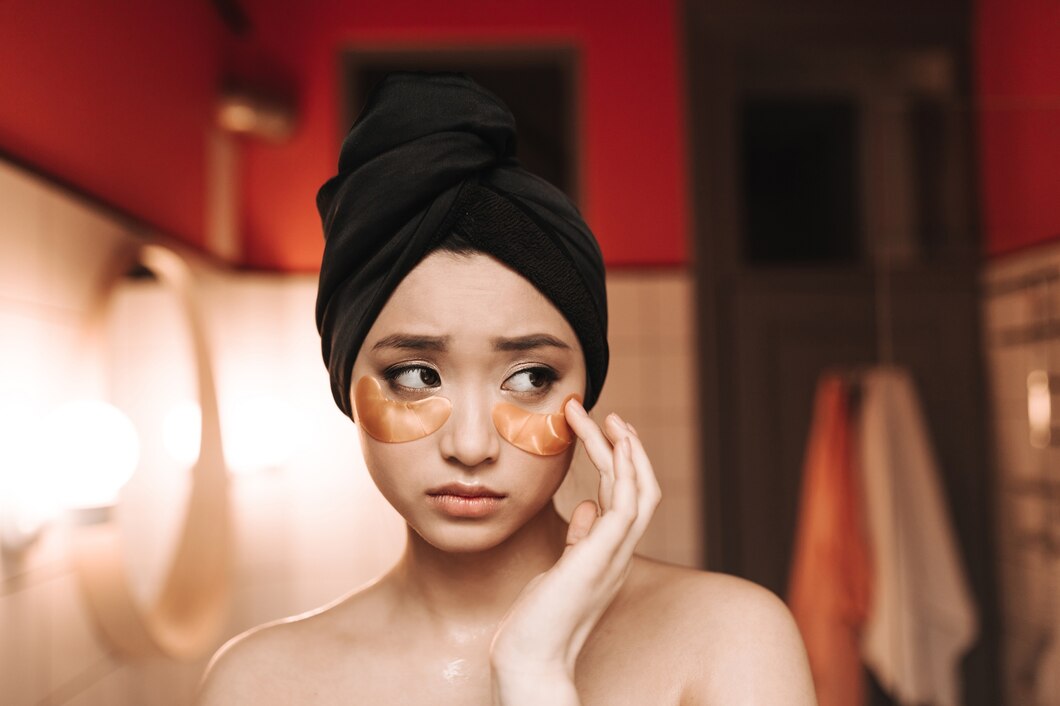Achieving glowing skin is a goal for many, but with so much information available, it’s easy to get lost in a sea of myths and misconceptions. From old wives’ tales to trendy social media advice, not everything you hear is true. Let’s debunk some of the most common glowing skin myths and separate fact from fiction.
Myth 1: Drinking More Water Will Give You Glowing Skin
Fiction: While staying hydrated is crucial for overall health, drinking excessive amounts of water won’t automatically give you glowing skin. Skin hydration comes from within, but it’s primarily maintained by a healthy balance of oils and a strong skin barrier. Drinking water supports this balance, but alone, it won’t drastically change your skin’s appearance.
Fact: Proper hydration supports skin function, but glowing skin is achieved through a combination of good skincare, a balanced diet, and protection against environmental damage.
Myth 2: Oily Skin Doesn’t Need Moisturizer
Fiction: A common belief is that oily skin doesn’t need moisturizing, as it may lead to more oil production and breakouts. However, skipping moisturizer can cause your skin to produce even more oil to compensate for the lack of hydration.
Fact: Oily skin still needs moisture. The key is to choose an oil-free or lightweight, non-comedogenic moisturizer that hydrates without clogging pores.
Myth 3: You Should Only Use Sunscreen on Sunny Days
Fiction: Many people believe sunscreen is only necessary on hot, sunny days or when spending extended time outdoors. However, harmful UV rays can penetrate through clouds and even windows, causing damage to your skin regardless of the weather.
Fact: Sunscreen should be a daily part of your skincare routine, even on cloudy or cold days. Look for broad-spectrum protection with at least SPF 30 to protect your skin from both UVA and UVB rays.
Myth 4: Expensive Products Work Better
Fiction: It’s easy to assume that pricier skincare products deliver better results, but the truth is that effectiveness depends on the ingredients and formulation, not the price tag.
Fact: Many affordable products contain potent, active ingredients that can improve skin health. Focus on ingredients that are proven to work, such as retinoids, vitamin C, and hyaluronic acid, rather than the brand name or price.
Myth 5: Natural Ingredients Are Always Better
Fiction: With the rise of “clean” beauty, many believe that natural ingredients are always better for your skin. However, just because an ingredient is natural doesn’t mean it’s safe or effective for all skin types.
Fact: Some natural ingredients can cause allergic reactions or irritation. It’s important to patch test and understand that both synthetic and natural ingredients can be beneficial or harmful depending on your skin type and the formulation.
Myth 6: You Can Shrink Your Pores
Fiction: Pores often become a focus in the quest for glowing skin, leading to the myth that you can permanently shrink them with certain products or treatments.
Fact: Pore size is largely determined by genetics. While you can minimize their appearance by keeping them clean and using products that improve skin texture, such as exfoliants and retinoids, you can’t actually shrink them.
Myth 7: Scrubbing Your Skin Leads to a Brighter Complexion
Fiction: Many believe that vigorous scrubbing or exfoliating will reveal brighter, glowing skin. However, over-exfoliating can strip the skin of its natural oils, cause irritation, and even lead to breakouts or damage.
Fact: Gentle exfoliation a few times a week is beneficial for removing dead skin cells and promoting cell turnover. Choose gentle exfoliants like chemical exfoliators with AHAs or BHAs, which are effective without being harsh.
Myth 8: You Can’t Use Oils on Acne-Prone Skin
Fiction: The idea that oils will clog pores and cause breakouts has led to the belief that acne-prone skin should avoid them altogether.
Fact: Not all oils are comedogenic (pore-clogging). Non-comedogenic oils like jojoba, rosehip, and grapeseed oil can actually help balance oil production, soothe irritation, and provide essential nutrients without causing breakouts.
Myth 9: Skincare Products Work Immediately
Fiction: It’s tempting to expect instant results from a new skincare product, but most take time to show visible effects. Impatience can lead to overuse or unnecessary product swapping, which can irritate the skin.
Fact: Skincare products, especially those containing active ingredients, often take 4-6 weeks to show significant improvement. Consistency is key, and patience will yield better results over time.
Myth 10: More Products = Better Results
Fiction: With the popularity of multi-step skincare routines, some believe that using more products will lead to better results. However, layering too many products can overwhelm the skin, leading to irritation or clogged pores.
Fact: A simplified skincare routine that includes cleansing, moisturizing, and sun protection, with the addition of targeted treatments as needed, is often more effective. Focus on quality, not quantity.
Achieving glowing skin is a combination of science, consistency, and understanding what works best for your skin type. By debunking these common myths, you can make informed decisions and build a skincare routine that truly enhances your natural radiance. Remember, glowing skin is not about quick fixes but rather a reflection of healthy habits and a balanced approach to skincare.








